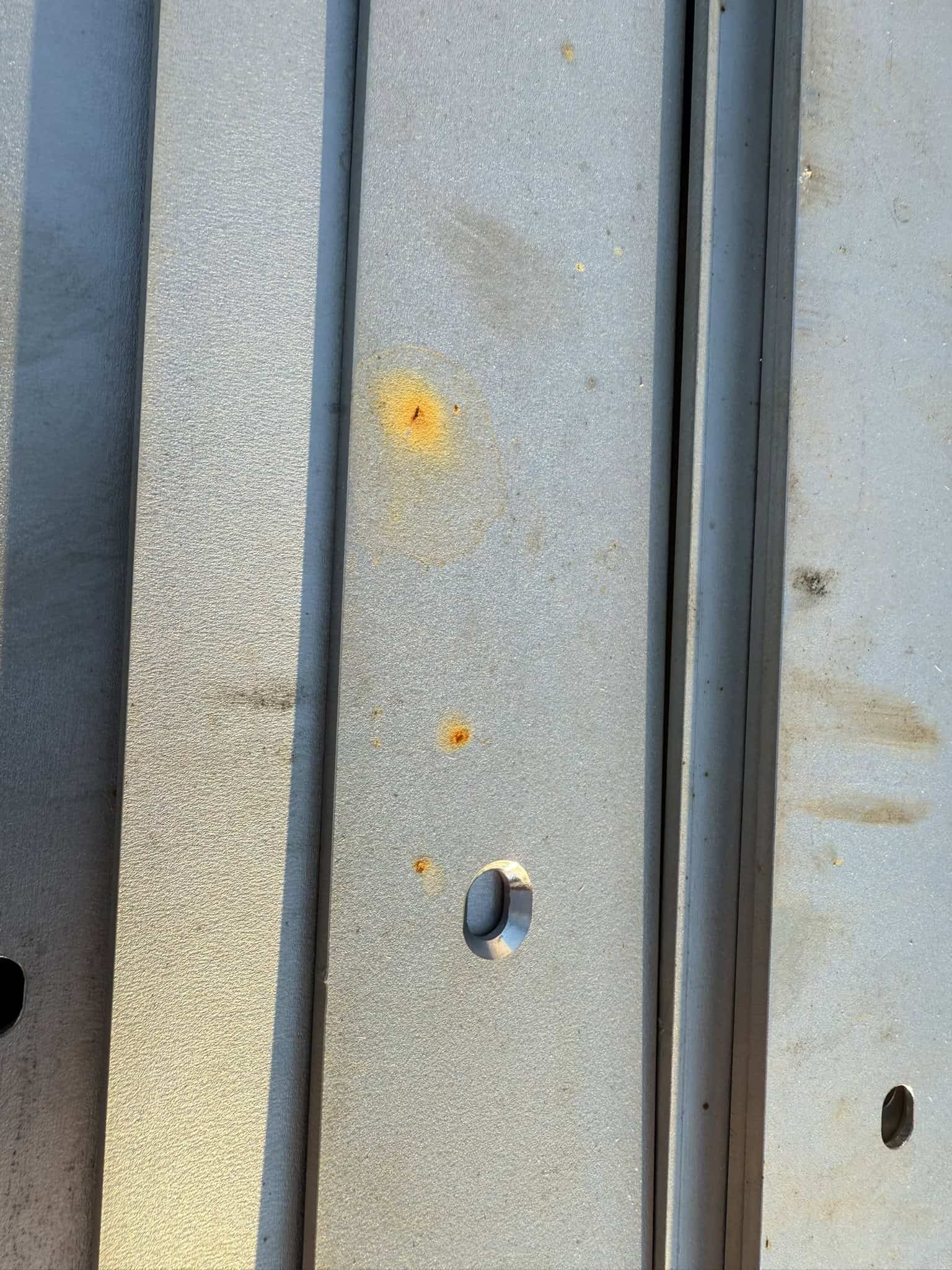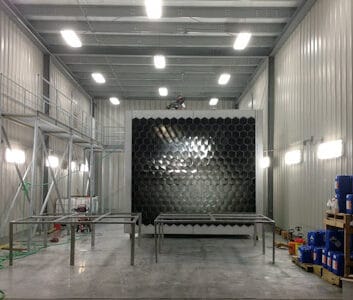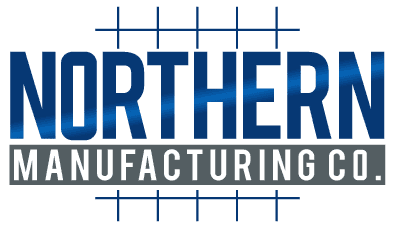The Hidden Threat: Why Post-Fabrication Treatment is Non-Negotiable
The inherent corrosion resistance of stainless steel comes from a thin, invisible passive layer of chromium oxide on its surface. Standard fabrication processes like welding, grinding, and forming severely damage this protective layer. This creates two critical vulnerabilities

Heat Tint & Chromium Depletion
The intense heat from welding creates a visible oxide scale (“heat tint”). More dangerously, it creates an invisible chromium-depleted layer beneath the surface, destroying the steel’s passive properties and making it highly susceptible to corrosion.
Free Iron Contamination
The use of carbon steel tools, grinding wheels, or even general shop dirt can embed microscopic iron particles into the stainless surface. These particles act as initiation sites for rust and localized pitting, compromising the entire structure.Simply cleaning the surface is not enough.
True restoration requires a controlled chemical process to remove these hidden defects.
Stainless Steel Spray Pickling Features
Batch Process
Very large assemblies can be cleaned in a few hours. Mechanical grinding or acid washing (local electropolishing) requires many labor hours.
Superior Quality
Other cleaning methods such as mechanical grinding or blasting are prone to corrosion issues. Electropolishing and Pickling completely restores the base metal’s corrosion resistance.
Expensive Process
Pickling is the best process to completely clean the entire surface of your product. However, the chemical and waste disposal costs are high. Depending on the environment, your product may not require pickling to meet quality expectations.
Pickling Features

Good: Mechanical Grinding
Mechanical grinding with abrasives, sand blasting, or a wire brushing can remove material affected by high welding temperatures. Care must be taken to keep tools clean from iron, or else the cleaning may instead spread iron contamination everywhere. The manufacturing planning must also be precise, as any contamination from handling (scratches, etc) will not be cleaned in this process.
Better: Electropolishing
Electropolishing attacks and removes oxides and the corrosion prone chromium depleted layer. During the process, electropolishing can also leave a smoother surface, further improving corrosion resistance. The selective cleaning and reduced roughness leaves optimal corrosion resistance.
Electropolishing can be accomplished through a dip process on small parts, or through local cleaning on large parts called acid washing. Because most large welded parts are too large to fit into an electropolishing tank, local cleaning of welded areas is often used. This fully repairs the welded areas, but doesn’t decontaminate the entire surface of the product.


Best: Spray Pickling & Passivation
Spray pickling is the most common chemical process to remove oxides and iron contamination. It cleans the entire surface of organics (oils, greases), welding oxides, and iron contaminants. Spray pickling is the best choice when the corrosion resistance requirements are essential to the product’s quality.
Our Capabilities: Unmatched Capacity and Verifiable Quality
We have invested in the facilities and expertise to handle the most demanding projects.
Massive Capacity
Our dedicated 55′ L x 20′ W x 20′ H spray pickling booth can accommodate exceptionally large assemblies, from tanks and pressure vessels to complex structural frameworks.Certified Process
Our pickling and passivation services are performed in accordance with ASTM A380 standards, providing verifiable proof of quality.Verifiable Quality
We confirm the effectiveness of our treatment using industry-standard validation tests, including the Copper Sulfate Test to detect any remaining free iron contamination as specified in ASTM A967.Expert Team
Our process is managed by a team with deep metallurgical expertise, supported by our on-staff Certified Welding Inspectors (CWI) and ASNT-certified NDT professionals.The Strategic Advantage: Why Choose Northern Manufacturing?
Our spray pickling service is more than a cleaning process—it’s an engineering solution that delivers tangible business value.

Benefits: 1
Maximize Asset Value & Ensure Longevity
Protect your capital investment. By restoring the material’s full corrosion resistance, we ensure your fabricated asset achieves its maximum design life, preventing premature failure and reducing the total cost of ownership.
Benefits: 2
Guarantee Compliance & Mitigate Risk
For regulated industries like Food & Beverage, Water & Wastewater, and Pharmaceuticals, “clean” isn’t enough—it must be verifiably compliant. Our certified process prevents product contamination and provides the auditable, documented proof of quality your project demands.


Benefits: 3
Unlock Design & Fabrication Freedom
Our on-site capability liberates your designs from the size constraints of traditional immersion tanks. If you can build it, we can protect it—enabling more ambitious architectural and engineering projects without compromising on quality or corrosion resistance.
Restore and Protect Your Critical Assets
Our team is ready to review the specific requirements of your project. Whether you need to ensure regulatory compliance, maximize the lifespan of a large-scale fabrication, or solve a complex surface treatment challenge, we have the expertise and capacity to deliver.
